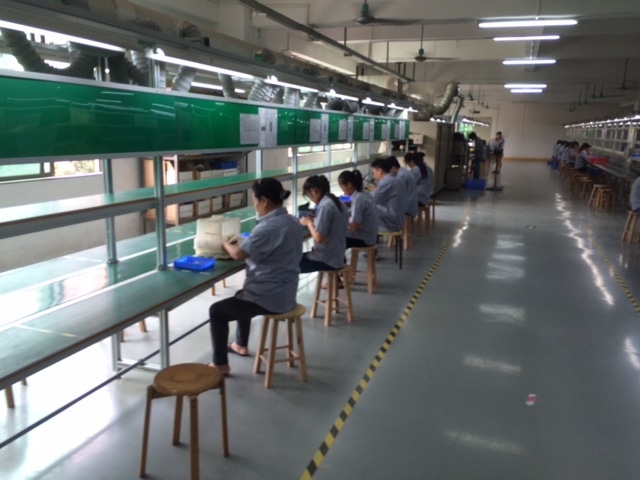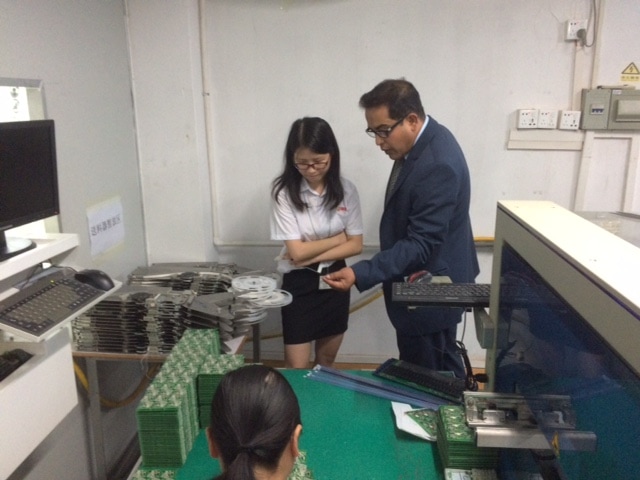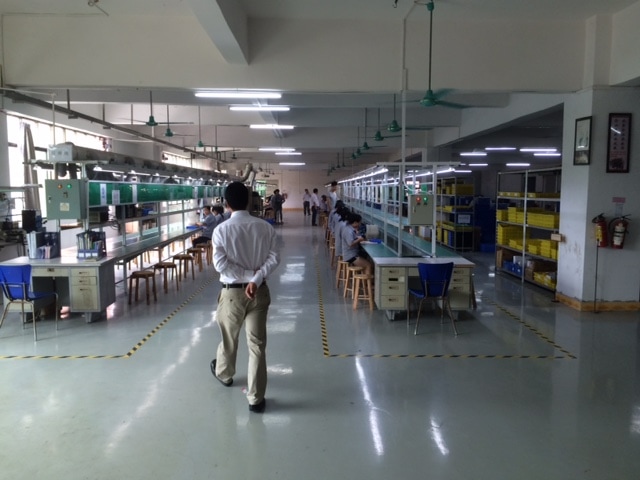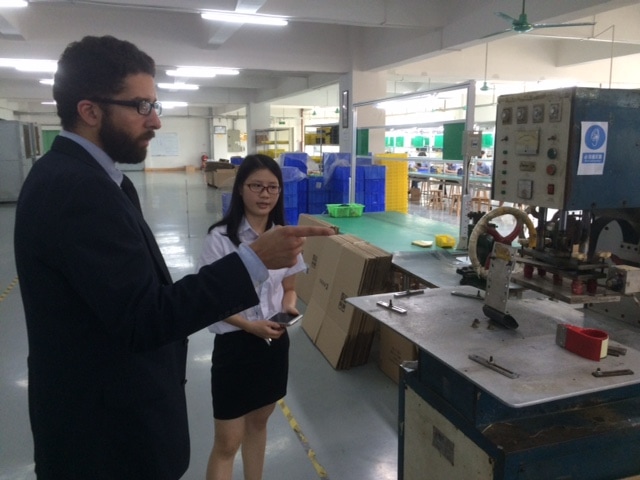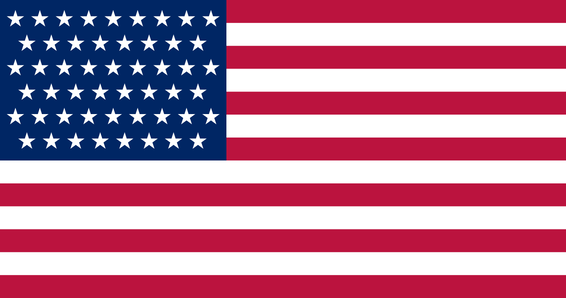Social Responsibility
We take our responsibilities to the community seriously and are committed to being a good corporate citizen. Likewise, we hold our suppliers to the same high standards we set for ourselves. We expect our suppliers to act with integrity and adhere to the highest ethical, social and environmental business practices.
We hold our suppliers accountable for upholding human rights.
We hold our suppliers accountable for upholding human rights.
California Transparency in Supply Chains Act of 2010
Our goal at B A S U is to ensure human rights are upheld for all workers involved in our supply chain and individuals experience safe, fair and non-discriminatory working conditions. B A S U supports suppliers who share our belief that fair labor practices and safe working environments are an inherent part of human rights.
On Jan. 1, 2012, the California Transparency in Supply Chains Act of 2010 (SB 657) went into effect. This law was designed to increase the amount of information made available by certain manufacturers and retailers regarding their efforts, if any, to address the issue of modern slavery and human trafficking. Specifically, the act requires certain manufactures and retail sellers to “disclose their efforts to eradicate modern slavery and human trafficking from their direct supply chains for tangible goods offered for sale.”
Our supply chain relies on sources of materials and labor from all around the world. The raw materials used in our products are produced globally, and our products are manufactured domestically and internationally. B A S U has a cross functional team of associates who are responsible for supply chain management.
B A S U expects our suppliers to meet and maintain fundamental labor and human rights standards. Our Supplier Code of Conduct addresses supplier policies on labor and human rights issues such as maximum working hours, basic wage, respect, equality and restrictions on forced labor. Additionally, our standard supply agreements require suppliers to assure us that products they supply are not produced, manufactured or packaged by forced, prison or child labor.
B A S U conducts periodic surveys and audits of a number of our suppliers to assess and verify compliance with our Supplier Code of Conduct and other supply chain requirements. These surveys and audits include evaluations of compliance with policies implemented to prevent child labor, forced labor, and other human rights issues. We are working to bring these auditing procedures to all of our offices worldwide. While B A S U’s supply chain management processes do not currently include unannounced audits or the engagement of a third party to verify our supply chain or conduct audits, our Supplier Code of Conduct requires all suppliers and entities throughout our supply chain to comply with all applicable laws, regulations and international labor and human rights standards.
B A S U is also committed to educating our workforce about modern slavery and human trafficking and ensuring compliance with applicable laws. Our associate Code of Conduct requires our employees to comply with all applicable laws and regulations, which include those regarding modern slavery and human trafficking. We have standards and procedures in place to encourage associates to report any legal or Code of Conduct violations or concerns, and we will hold associates and contractors accountable for any noncompliance with applicable laws and regulations or our Code of Conduct. B A S U also provides employees and management who have direct responsibility for supply chain management with training on human trafficking and slavery. We intend to update and expand our internal policies and training programs to address the risks of modern slavery and human trafficking as appropriate as our business and supply chain continue to evolve.
